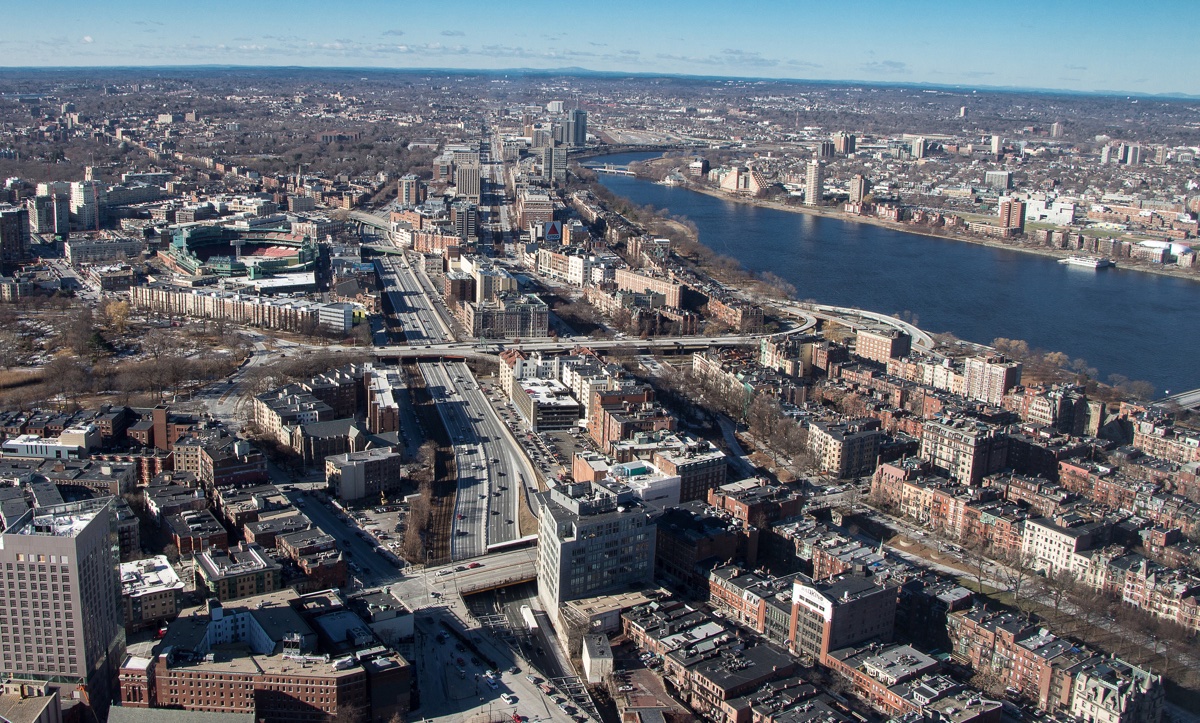Harvard Housing Study Confirms What We Already Know: It’s an Affordability Crisis

Photo by Bill Damon on Flickr/Creative Commons
It’s becoming too expensive to live in Boston.
We sound like broken records, but it’s getting harder and harder to ignore. Incomes are not only sluggish, but the most unequal in the country, while apartment prices have topped previous highs by more than 50 percent. As a result, the number of cost-burdened households has increased, while homeownership has declined, in line with a troubling nationwide trend.
But hey, those sky cabanas look awfully nifty!
Harvard University’s Joint Center for Housing Studies published its annual “State of the Nation’s Housing” report, with Boston noted alongside New York City, Denver, Washington, D.C., and red-hot San Francisco for its ballooning housing costs. (Again, this is nothing new.)
“The question is not so much whether families will want to buy homes in the future, but whether they will be able to do so,” Chris Herbert, managing director of Harvard’s Joint Center for Housing Studies, said in a statement. “Policymakers at all levels of government need to take stock of what can and should be done to expand access to good-quality affordable housing that is so central to the current well-being and potential contribution of each and every individual.”
Nationwide, the number of cost-burdened, renting households—that is, those spending at least 30 percent of their income on housing—increased by 3.6 million from 2008 to 2014, to 21.3 million. Meanwhile, the country’s 9.6 million lowest-income renters, who earn less than $15,000, spend 72 percent of their income on housing.
Mayor Marty Walsh announced last week that the Boston Housing Center, operating under the city’s Department of Neighborhood Development, received a $158,475 state grant to expand its foreclosure prevention and intervention work. The BHC helped prevent 51 foreclosures in the first quarter of 2016, the Mayor’s Office says, and 21 of these potential foreclosures were in the petition stage—the last before disclosure.


